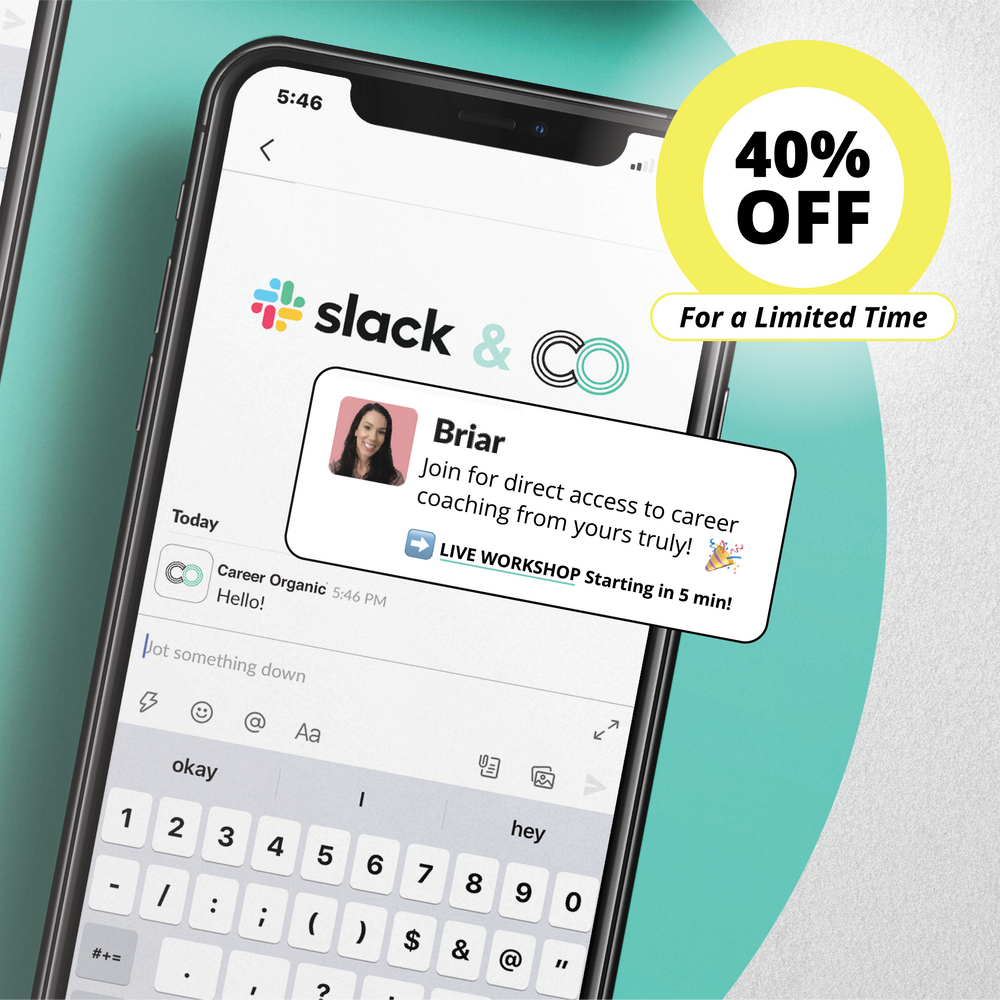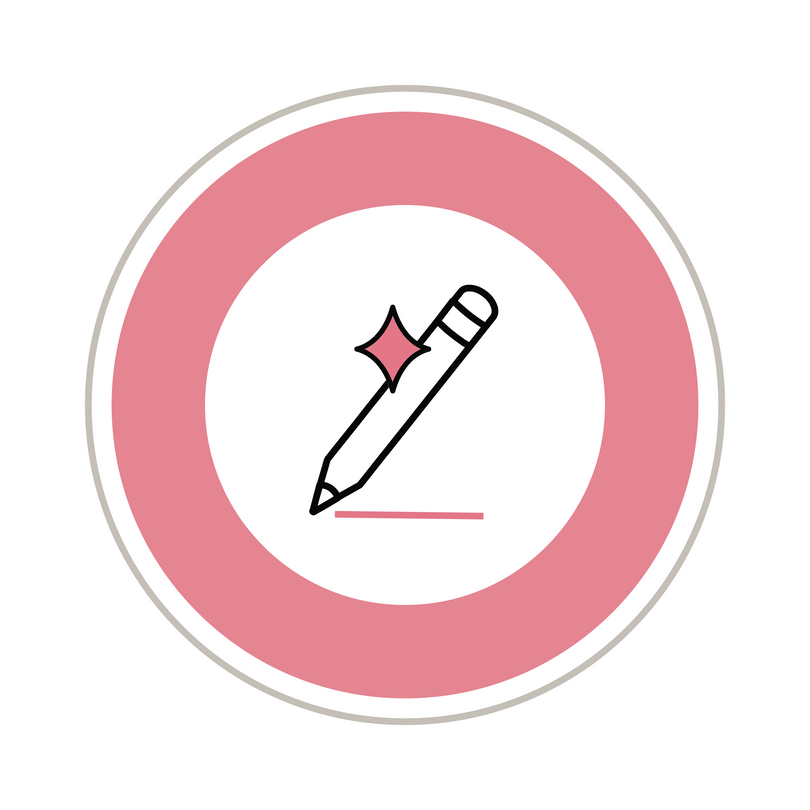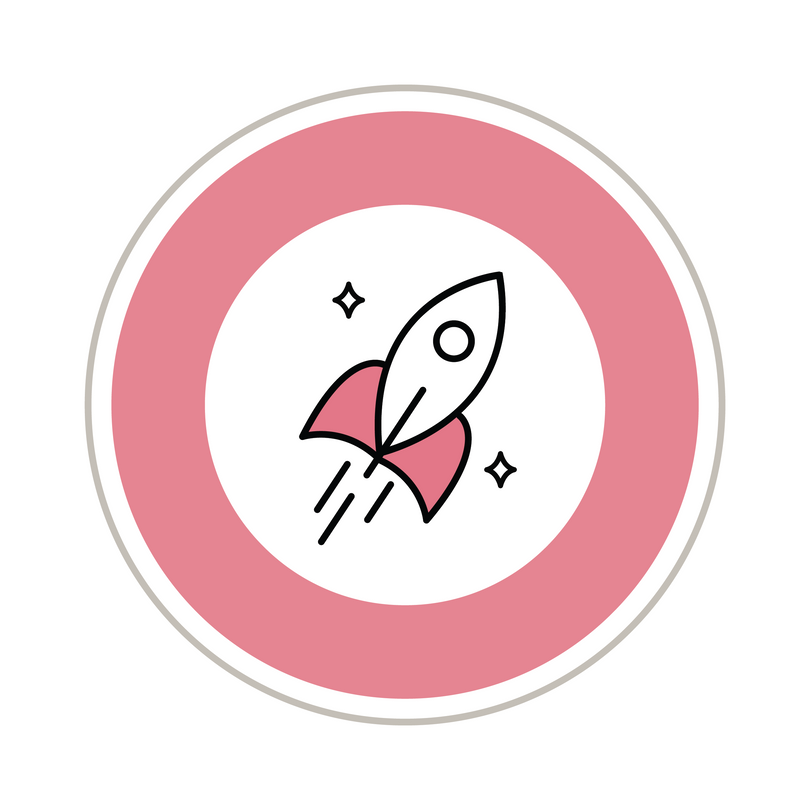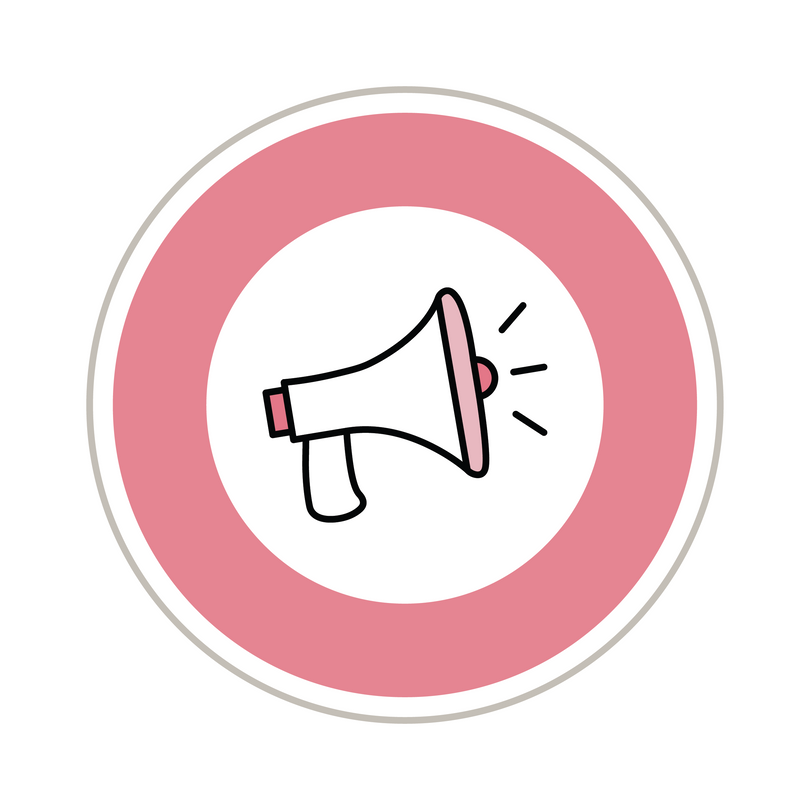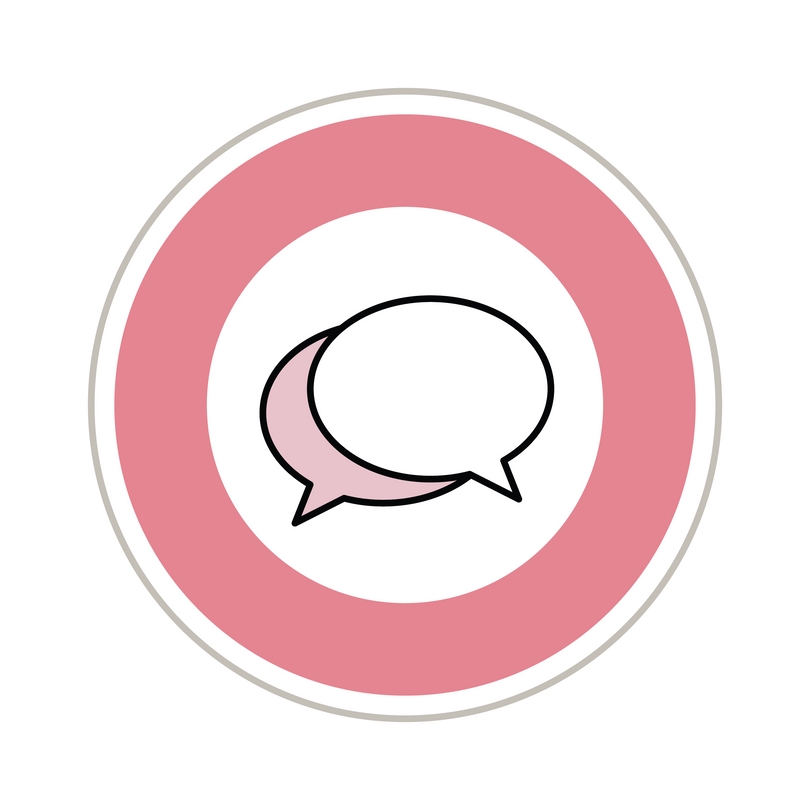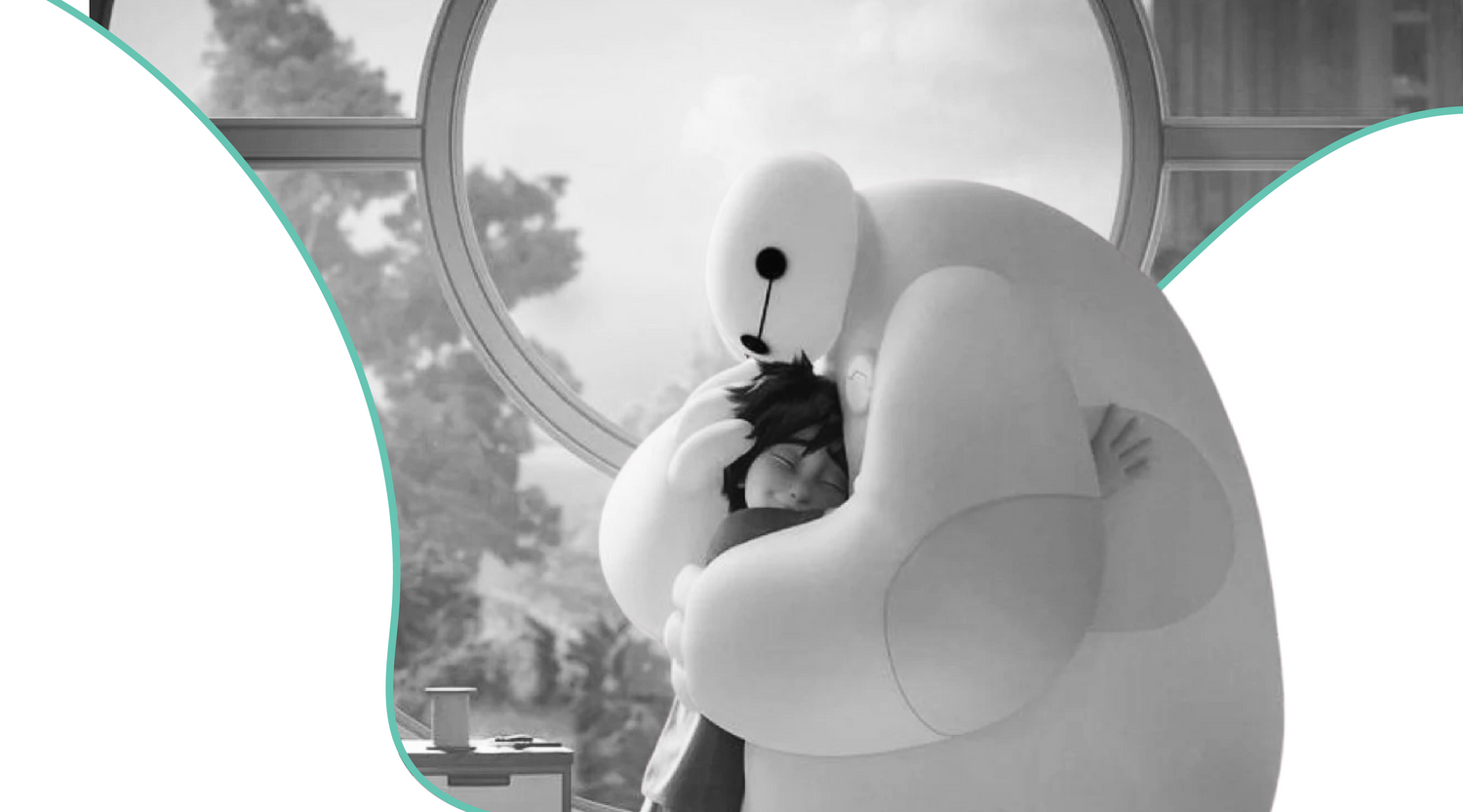
Your last job had you at Aunt Cass-levels of stress eating, so you left. And now you’re at your new gig. Congratulations! The past is in the past now.
Or is it?
Maybe your former co-workers’ insults are still echoing in your head. What if they’re right?
Or you have nightmares of the absurd to-do lists your last manager would drop on you. What if your new manager does that?
You left your job, but it’s still draining your mental and emotional battery. What else can you do, though?

We need to process our past before we can start fresh. Here are some guidelines with the help of everyone’s favorite plush, huggable healthcare companion.
“On a scale of 1 to 10, how would you rate your pain?

Rating your pain makes you turn inward to assess your wellbeing. With mental and emotional pain, that’s even more critical.
First, validate the pain you’re feeling now. A blog post from A Great Mood says, “When we acknowledge we [have been] in the wrong environment, that gives us the power to reflect over what happened and decide we will never go through the same experience.”
Then, consider how you can learn from your experiences:
- What do you need from your employer?
- What habits or boundaries do you need at work?
- What unrealistic expectations might you need to deconstruct?
My co-worker Saara came out of a job where she was overworked and bullied. She said, “I…did some meditation each night before evaluating what factors were in my control at my new workplace, and how I could grow from my past experiences...I realized that [at my last job], I was often responding to situations immediately and out of stress, rather than taking the time to think things through before I responded.”
“It is alright to cry.”

While maybe you didn’t have it as bad as others, you were still hurt. Letting yourself grieve helps you process and heal before you can move on.
Job site Indeed says, “Once you've gotten a little distance from the emotional cost of your former job, you can be in a better mindset to think about the next steps.”
So grab some tissues and a journal, and confront the uncomfortable feelings. Do what it takes to remember that your self-worth isn’t in your career.
“I have some concerns.”

After reflecting on your past toxic work environment, you’ll be better equipped to notice any red flags in your next job.
Saara told me, “When I interviewed with [my last company], I actually got a weird feeling from the three interviewers…However, I ignored those red flags. At [this company], I got green flags from [the interviewers]!”
She encourages, “Trust your gut and remember…you are also interviewing them!” She suggests asking questions that help you understand:
- Is teamwork and collaboration valued?
- How are working relationships fostered?
- What is training like? (A supportive training environment tends to be a supportive environment overall.)
"Treatments include contact with friends and loved ones."
Yes, process your experiences with trusted loved ones, but also try to connect with your new co-workers, even if your experiences make you afraid.
Cara Hutto, author at InHerSight, says, "[If] we’re fearful of others so we don't try to collaborate…we never get the corrective experience and learn that others can be reliable and trustworthy."
Saara seconded this, saying, "I tried to overcome [anxiety] and force myself to be social—I made myself ask questions even when I felt shy.” I love the team Saara and I work on, and it wouldn’t be the same if any of us couldn’t trust each other.
So if your colleagues seem trustworthy, don't miss the chance to turn a good work environment into a great one!
"Flying makes me a better healthcare companion."

Starting anything new is scary, even without haunting memories of a toxic work environment. But if you don’t leap out of your comfort zone, you won't get to fly.
Hutto says, "Immobilizing apprehension and fear of how others will perceive us prevents healthy social and professional risks."
Here’s what helped Saara overcome that apprehension: "Throwing myself into my new job!...I was super nervous and terrified of looking dumb, because my previous boss was kinda dismissive…but you guys were so understanding."
"My programming prevents me from injuring a human being."

Unlike Baymax, you're not a robot, but commit to not lashing out, even if you feel agitated.
Getting angry at a present situation feels remarkably similar to being triggered by a present situation that reminds you of a past toxic situation.
Psychotherapist Liz Liepold says, "When our anger is about our past and not [present], we can give disproportionate energy and weight to the event." So slow down and ask what you’re reacting to and why.
- Am I angry at the person in front of me, or are they reminding me of someone else? Do they have the same intentions?
- What do I value that isn’t being honored?
Don’t let your past toxic work environment keep you from contributing to the healthy work environment you want to be in.
"You will be alright. There, there."

Saara said, "It can and will get better! It's just all about finding the right group of people to work with.” No matter how many toxic work environments you've worked in, there’s a company out there that's right for you!
But don't go alone. Have a therapist help unpack your emotions and experiences. Get a career coach to pinpoint what you need in your work environment and career.
At Career Organic, we (regrettably) don’t have a plush, huggable robotic nurse, but we do have career experts committed to guiding you to a fulfilling career.
Our clients have been satisfied with their care, and they've come out with greater clarity for their workplace needs. Our coaches can help you make the most of your experiences so you don't just survive–you soar.
Meet The Author - Cat Movius | A former career YouTuber & now a scientific writer, Cat has experienced the complications of following your dreams, shuffling life priorities, and making difficult career transitions. When she’s not writing; she loves singing, playing video games with her husband, and eating cheesecake.
